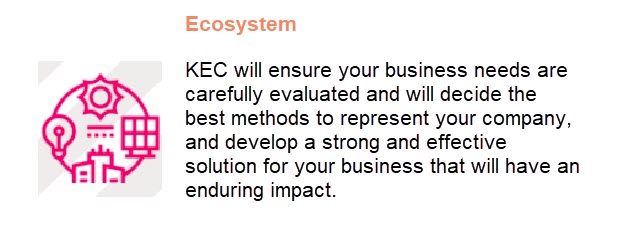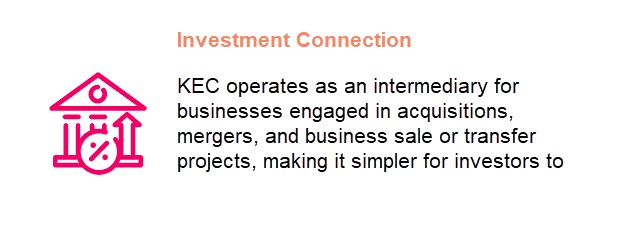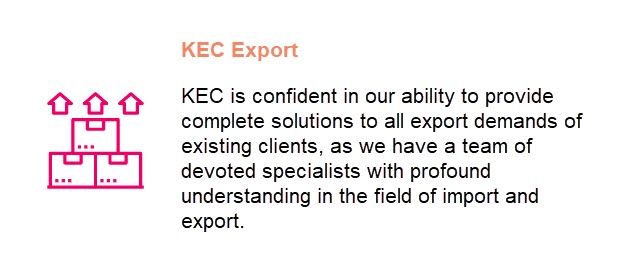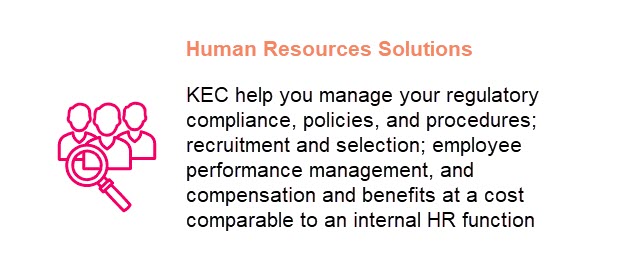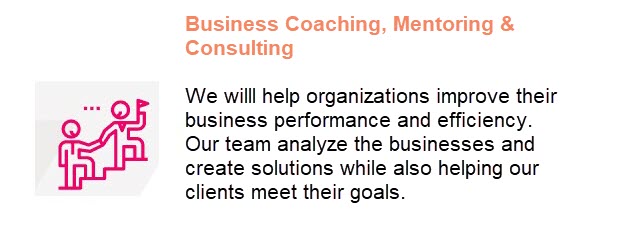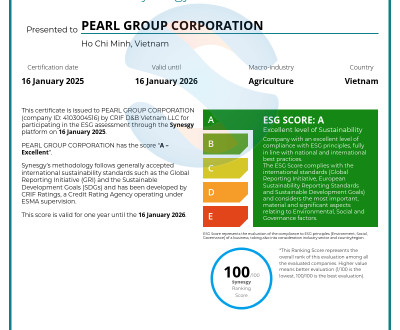What is a startup ecosystem?
The concept of startup ecosystem has been recently widely used in the context of innovation and entrepreneurship. Although there is no single official definition for a startup ecosystem and the term is used in different ways, typically it refers to a specific geographic area or ’hotspot’ (e.g. Silicon Valley) with high density of startup companies and entrepreneurs.

The scope of the ecosystem can vary from a few blocks to a single country, but in its most common use the term ‘startup ecosystem’ refers to a city or a metropolitan area. For example, The Global Startup Ecosystem Ranking report, which is arguably the most comprehensive international benchmark analysis of different startup ecosystems, defines startup ecosystems as ”a metropolitan city or geographic area [approx. 100 km radius] with a shared pool of resources.” This is also the definition adopted in this paper.
As in natural ecosystems (e.g. forest), a key characteristic of a startup ecosystem is the interdependence (or “common fate”) of the different organisms within the ecosystem. In other words, ecosystems are not about individual actors or groups of actors rather than about the relationships between them. These characteristic also differentiate ecosystems from other concepts such as clusters.
Main actors of the startup ecosystem are obviously the startups themselves. Other key actors often considered as part of the ecosystem include funders and investors, incubators, accelerators or other service providers (both public and private) as well as processes, events and other more or less developed institutions (e.g. meetups, hackathons).
Recently many authors have highlighted the important role of entrepreneurs within the ecosystem and introduced the concept of entrepreneurial ecosystem instead, or in parallel, to startup ecosystem10. Mason and Brown (2014) define entrepreneurial ecosystems as follows:
‘a set of interconnected entrepreneurial actors (both potential and existing), entrepreneurial organisations (e.g. firms, venture capitalists, business angels, banks), institutions (universities, public sector agencies, financial bodies) and entrepreneurial processes (e.g. the business birth rate, numbers of high growth firms, levels of ‘blockbuster entrepreneurship’, number of serial entrepreneurs, degree of sell-out mentality within firms and levels of entrepreneurial ambition) which formally and informally coalesce to connect, mediate and govern the performance within the local entrepreneurial environment’ (Mason & Brown 2014, 5)
WHERE WE CAN HELP YOU
Consultancy Industries
We offer a variety of business and management consulting services that support your needs today while continuing to meet your needs in the future. We offer a suite of solutions to support your growth plan and the optimization of your organization as a whole.
